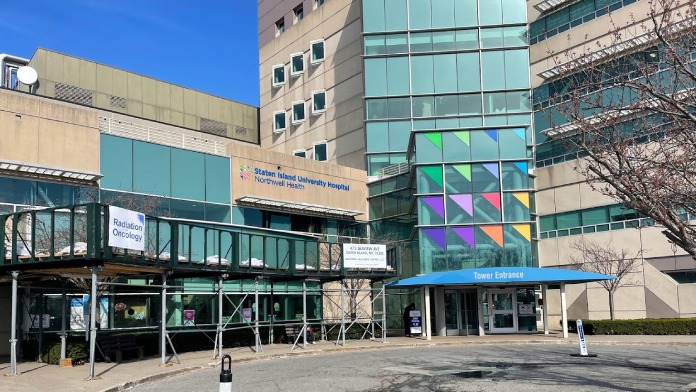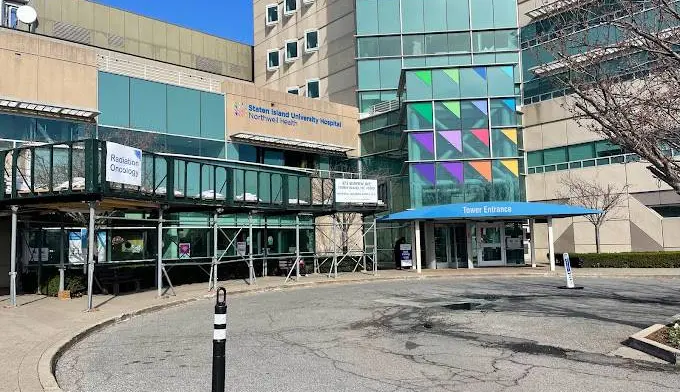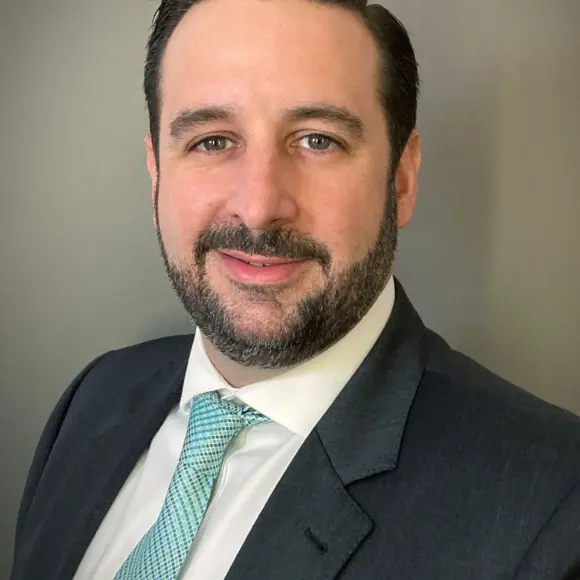About Staten Island University Hospital
Staten Island University Hospital - Seaview Avenue, located in Staten Island, New York, offers an array of outpatient drug rehab programs that are intended to assist individuals in need when it comes to battling with alcohol addiction or drug overdose. They are structured to assist individuals in recovery to learn both the skills and methods for conquering addiction, while also resolving associated mental issues leading to substance abuse.
Staten Island University Hospital aims to provide easily available treatment. They take many insurances ranging from Medicaid to Medicare as well as private plans. Financial counselors are also available to assist patients with exploring other payment options for those who may not be insured so that cost does not become a barrier to care.
With relapse prevention strategies and aftercare planning, the center places a focus on long term recovery, which is essential for life post treatment. The team at the center consists of addiction specialists, counselors with proper licenses and medical professionals who not only provide emotional but also psychological and sometimes physical support.
Staten Island University Hospital also has a large Behavioral Health Department. With their Mental Health Program, you can seek treatment for depression, anxiety disorders, bipolar disorder and schizophrenia. A variety of health disciplines work in a team approach to develop comprehensive treatment plans including psychiatrists, psychologists, social workers and nurses.
Latest Reviews
Rehab Score
Gallery


Location
Accepted Insurance
Other Forms of Payment
Private insurance refers to any kind of healthcare coverage that isn't from the state or federal government. This includes individual and family plans offered by an employer or purchased from the Insurance Marketplace. Every plan will have different requirements and out of pocket costs so be sure to get the full details before you start treatment.
Self-pay involves paying for treatment out of your own pocket. You can use savings or credit, get a personal loan, or receive help from family and friends to fund your treatment. If you don't have insurance or your insurance plan doesn't cover a specific program, self-pay can help ensure you still get the care you need.
Financial aid can take many forms. Centers may have grants or scholarships available to clients who meet eligibility requirements. Programs that receive SAMHSA grants may have financial aid available for those who need treatment as well. Grants and scholarships can help you pai for treatment without having to repay.
Medicaid is a state based program that helps lower-income individuals and families pay for healthcare. Medicaid covers addiction treatment so those enrolled can use their coverage to pay for rehab. When a program accepts Medicaid the client often pays very little or nothing out of their own pocket.
Medicare is a federal program that provides health insurance for those 65 and older. It also serves people under 65 with chronic and disabling health challenges. To use Medicare for addiction treatment you need to find a program that accepts Medicare and is in network with your plan. Out of pocket costs and preauthorization requirements vary, so always check with your provider.
Military members, veterans, and eligible dependents have access to specific insurance programs that help them get the care they need. TRICARE and VA insurance can help you access low cost or no cost addiction and mental health treatment. Programs that accept military insurance often have targeted treatment focused on the unique challenges military members, veterans, and their families face.
Addiction Treatments
Levels of Care
Treatments
Mental health rehabs focus on helping individuals recover from mental illnesses like bipolar disorder, clinical depression, anxiety disorders, schizophrenia, and more. Mental health professionals at these facilities are trained to understand and treat mental health issues, both in individual and group settings.
Programs


Clinical Services
Group therapy is any therapeutic work that happens in a group (not one-on-one). There are a number of different group therapy modalities, including support groups, experiential therapy, psycho-education, and more. Group therapy involves treatment as well as processing interaction between group members.
In individual therapy, a patient meets one-on-one with a trained psychologist or counselor. Therapy is a pivotal part of effective substance abuse treatment, as it often covers root causes of addiction, including challenges faced by the patient in their social, family, and work/school life.
Introduced in 1983, motivational interviewing is a method to help clients commit to change. It's based on the philosophy that change is hard, and clients must explore their own options and come to their own conclusions rather than receive warnings or advice from the therapist.
Amenities
-
Private Setting
Staff & Accreditations
Staff

Associate Executive Director

Executive Director

Chief Nursing Officer
Accreditations

The Joint Commission, formerly known as JCAHO, is a nonprofit organization that accredits rehab organizations and programs. Founded in 1951, the Joint Commision's mission is to improve the quality of patient care and demonstrating the quality of patient care.
Joint Commission Accreditation: Yes
Contact Information
475 Seaview Ave
Staten Island, NY 10305






